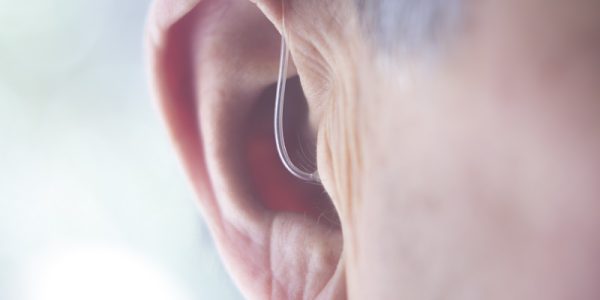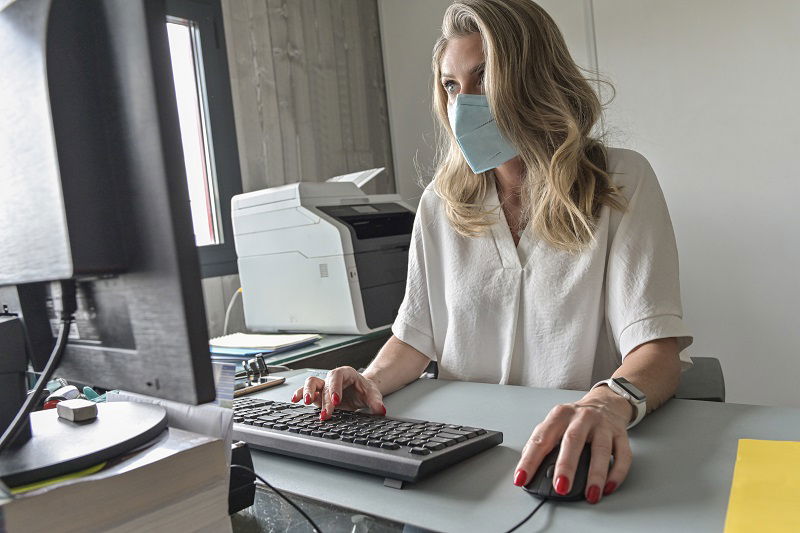Unless you have been living under a rock for the past couple of years, you know that over-the-counter hearing aids will become available in 2020. This has been a major topic of discussion in the field of audiology over recent years, and the discussion only continues to heat up as the reality of over-the-counter hearing aids draws closer.
For many audiologists, the availability of over-the-counter hearing aids seems worrisome. Audiologists worry that patients who perceive difficulty hearing will choose over-the-counter solutions rather than seeking the professional care of an audiologist. For some audiology practices, this can represent a significant threat to the office’s income. Others, who are convinced that the majority of the public will turn to over-the-counter solutions, fear that this change will spell the total end of audiology.
However, that is not the only point of view one can take at this crossroads. Sarah Sydlowski, AuD, PhD, recently wrote an article titled, “Audiology Pre-OTC: Changing the Conversation of Impending Disruption,“ which was published in The Hearing Journal. In this article, Sydlowski explores both the threats and opportunities presented by the impending availability of over-the-counter hearing aids.
According to Sydlowski, those in the field of audiology who feel threatened by this change likely perceive that the general public views audiologists as little more than hearing device dispensaries. In the mind of an average person, the main (or perhaps, only) reason to visit an audiologist is to get fitted with a hearing aid or other device. If the average person perceives that they will receive the same result – a hearing aid – at a lower cost and greater convenience by choosing an over-the-counter solution, then they will likely sidestep the audiology practice.
As an audiologist, however, you know that you provide service that goes far beyond simply handing out hearing aids. The problem, according to Sydlowski, is that the general public does not understand this. The task that lies before the audiology community is that of educating the public on the value of audiology and the necessity of an audiologist’s services. The general public must become aware of the value in seeing an audiologist, from hearing assessments to counseling.
Another opportunity that awaits audiologists in this moment of change is taking up the role of an over-the-counter dispensary. Many audiologists fear that patients will go to recognized brands and big-name box stores to get an OTC hearing aid. Why not go to an audiology practice for an over-the-counter hearing aid? This provides the practice with a chance to gain new patients who are interested in a quick, convenient, and low-cost solution. There is also the opportunity to use this time to educate the patient on the true importance of hearing assessments, professional device fittings, counseling, and more.
Sydlowski argues that the main problem facing audiologists is not OTC hearing aids, but rather the low value the general public places on the field of audiology. With the discussion on hearing services at an all-time high, now is the time for audiologists and other hearing care professionals to show people the true value of the field. Audiologists must not only demonstrate their value to the general public, but must also reinforce to other medical professionals, such as physicians, their essential role in high-level health care.
To learn more about how to navigate this time of change in audiology, please contact us today at AudiologyPlus. We are here to help you continue growing your practice, no matter the changes that come your way.
Will the Availability of Over-The-Counter Hearing Aids Disrupt the Field of Audiology?



